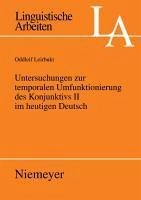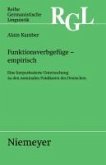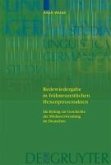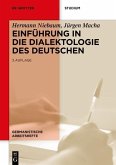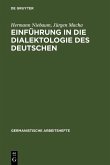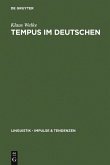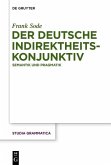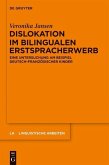The study uses a broad empirical database to clarify the variable time reference and modal reading ("unreal"/"potential") of non-past related (i.e. temporally refunctioned) forms such as 'wäre gekommen' [would have come] (e.g. 'Morgen wäre sie gekommen' [She would have come tomorrow]) and differences in meaning compared with forms such as 'käme/würde kommen' [would come]. The study concludes with a survey of the temporal refunctioning of the past subjunctive back into the 16th century.
Dieser Download kann aus rechtlichen Gründen nur mit Rechnungsadresse in A, B, BG, CY, CZ, D, DK, EW, E, FIN, F, GR, HR, H, IRL, I, LT, L, LR, M, NL, PL, P, R, S, SLO, SK ausgeliefert werden.

